On Memorial Day: A Gospel Metanoia
BY MEGAN WILSON-REITZ | May 30, 2016
“Rest in peace, for the error shall not be repeated.”
These words are etched in Japanese on the Hiroshima Peace Memorial, where President Obama laid a wreath this past Friday, followed by a powerful speech about nuclear disaster, in which he neatly sidestepped the question of “error.”
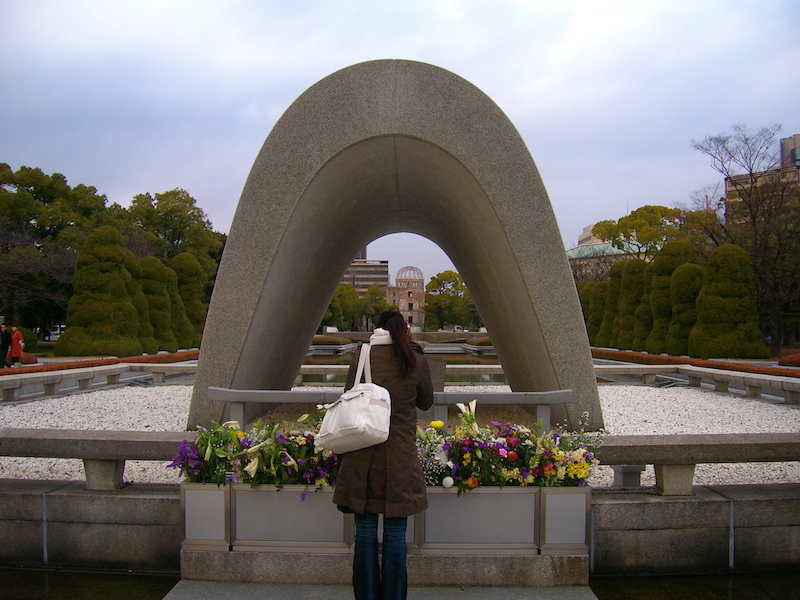
A young woman pauses at a monument in the Hiroshima Peace Memorial Park where President Obama visit on May 27, 2016. The park was established by the Japanese government in 1949. [SOURCE: Jennifer Morrow | Flickr]
If the President were my student, I would circle that passive voice in red pen. The deliberate avoidance of a subject for that verb is a deafening silence in response to the most important question of all: Who is responsible for this horror?
The “error” of war is, of course, a difficult ethical knot to unravel. Who is responsible for the horrors of a war? The ones who begin it? The ones who commit war crimes? The ones who lose? The ones who shed the most blood? The ones who fail to end it when they can? The ones who demand unconditional surrender? The ones who refuse it? The government? The people who elect it? Who bears the blame when children are burned alive, when cities are reduced to rubble, and communities are deliberately drenched in poison or strewn with landmines?
Who, exactly, do we blame?
A New Way of Telling the Story
As our nation engages in its ritual observances of Memorial Day this today, many earnest speeches about heroism, sacrifice and bravery will do their best to scrub wars of their moral ambiguity, to cast them cleanly into the shape of individuals’ meaningful sacrifice for the greater good.
These annual rituals serve an important purpose in our secular religion. The many Americans who have fallen in war have done so, most of them, with courage and heroism, out of the conviction that they were doing what was right. They believed, and Memorial Day continues to assert every year, that their sacrifice was ultimately meaningful, that it contributed to the greater good. This assignment of meaning, this mythmaking, is critical for propping up support of our national narrative about war. It is a narrative that must change if we are to change.
President Obama gave a hint, this week, about how to tell a different story. His speech at Hiroshima on Friday called for memorial as a path towards change: “The memory of the morning of Aug. 6, 1945, must never fade. That memory allows us to fight complacency. It fuels our moral imagination. It allows us to change.” Furthermore, he insisted upon a new way of telling the story: “The irreducible worth of every person, the insistence that every life is precious, the radical and necessary notion that we are part of a single human family — that is the story that we all must tell.”
Fr. Pedro Arrupe and Hiroshima
Fr. Pedro Arrupe, who witnessed firsthand the suffering of the thousands of victims of Hiroshima, spoke decades later of the impossibility of retribution for such grave moral evil. “Under such conditions, the only possible reaction would seem to be to oppose evil with evil, egoism with egoism, hate with hate; in short, to annihilate the aggressor with his own weapons. But is it not precisely thus that evil conquers us most thoroughly? For then, not only does it damage us exteriorly, it perverts our very heart. We allow ourselves, in the words of Saint Paul, to be overcome by evil.” (Men [and Women] for Others, 1973, Valencia, Spain)
Some war apologists make the claim that any wartime action is morally justified, even morally good, but Catholic social teaching, like Arrupe, is consistent and clear that such a claim is abhorrent to ethical reasoning and inimical to the Gospel. “Any act of war aimed indiscriminately at the destruction of entire cities or extensive areas along with their population is a crime against God and man himself. It merits unequivocal and unhesitating condemnation.” (Vatican II, Gaudium et Spes [The Church in the Modern World], §80). Pope Benedict XVI went even further, stating about the Iraq war that “given the new weapons that make possible destructions that go beyond the combatant groups, today we should be asking ourselves if it is still licit to admit the very existence of a ‘just war.’”
We should be able to agree with our Church leaders, and with most reasonable people, that at least some actions in wartime are an objective moral evil. The question, then, is, “who is to blame?”
If we can identify a single aggressor, scapegoat one entity, then the rest of us can breathe easy: the evil is not our fault. However, the uncomfortable truth is that the blame for war rests upon many – all of us who participate, support, pay for, or benefit from it. When the community is responsible, the only hope for the community is to follow John the Baptist’s call to metanoia (Mk. 1:4). Usually translated “repentance,” the Greek word actually means “to turn around; to change.” We need both: genuine repentance, and change.
On Memorial Day: The Change We Must Make
So what is it that we must change? We must start with the treasured narrative of the war hero. If we continue to defend the claim that all soldiers are heroes and that their actions are, by definition, morally justified, even good, then we must, by extension, continue to assert that war always serves the greater good. But this is precisely the claim that is increasingly being called into question, both by the Church and by the global human community. Certainly most soldiers, in all nations, go to war out of a genuine desire to do right. But their moral conviction does not alone mean that the work of war is morally right.
If we begin to take communal responsibility for the moral evil committed in war, then we also begin to call into question the entire claim of Memorial Day. We begin to ask, what if some of these sacrifices did not, in fact, serve the greater human good? What if some of these sacrifices were, in fact, wasted? To confront this question is agony for all of us who have sacrificed deeply, all who have lost loved ones in war – and few of our families have escaped such loss. But without confronting that agony, we cannot repent for the atrocities of war, and without repentance, there can be no metanoia.
For the moment, Presidents do not apologize and the Memorial Day marching bands march on. And the narrative of the heroic soldier and the “good war,” in every nation, continues to get in the way of true conversion.
Pedro Arrupe said it best: “In our heart of hearts we know that what we have is nothing compared with what we are, what we can be, what we would like to be. We would like to be ourselves. But we dare not break the vicious circle.”
This Memorial Day, I propose that we all embrace the courage, sacrifice and bravery of our fallen soldiers in the service of a Gospel metanoia:
- May we be courageous enough to recognize war in all of its horror.
- May we be willing to sacrifice our own complacency and comfort in order to repent for our complicity in war.
- May we be brave enough to break out of the cycle of violence, to find new ways of engaging with our brothers and sisters around the world.
Megan Wilson-Reitz is a lecturer in Theology and Religious Studies at John Carroll University. She is a long-time member of the extended community network of the Cleveland Catholic Worker, with whom she has gotten in trouble many times while advocating publicly for a more just and peaceful world. She and her husband are raising two tiny Catholic radicals in the City of Cleveland.

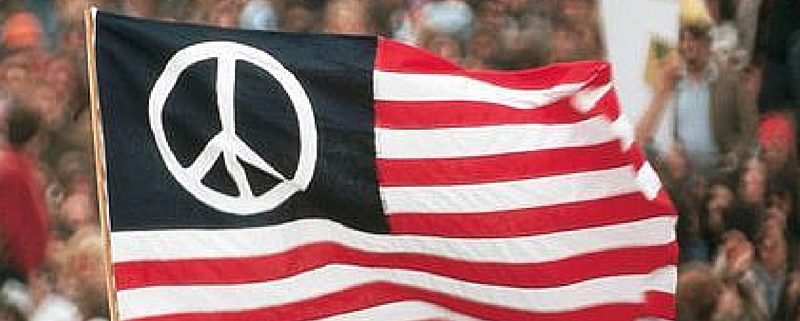
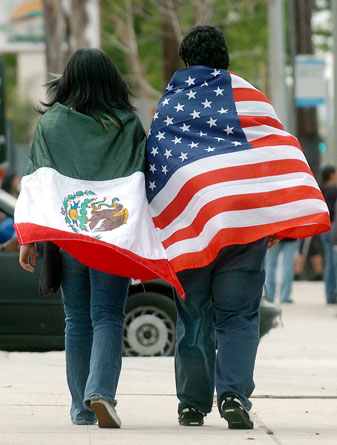
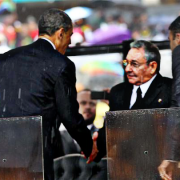
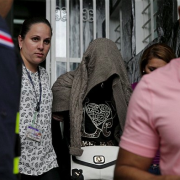
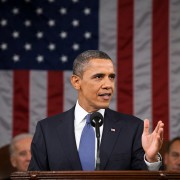
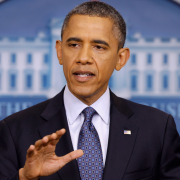




I’m a VN Vet opposed to war.
The Military – Industrial – Congressional Complex continues to rely on war.
And the Jesuits tossed out John Dear!